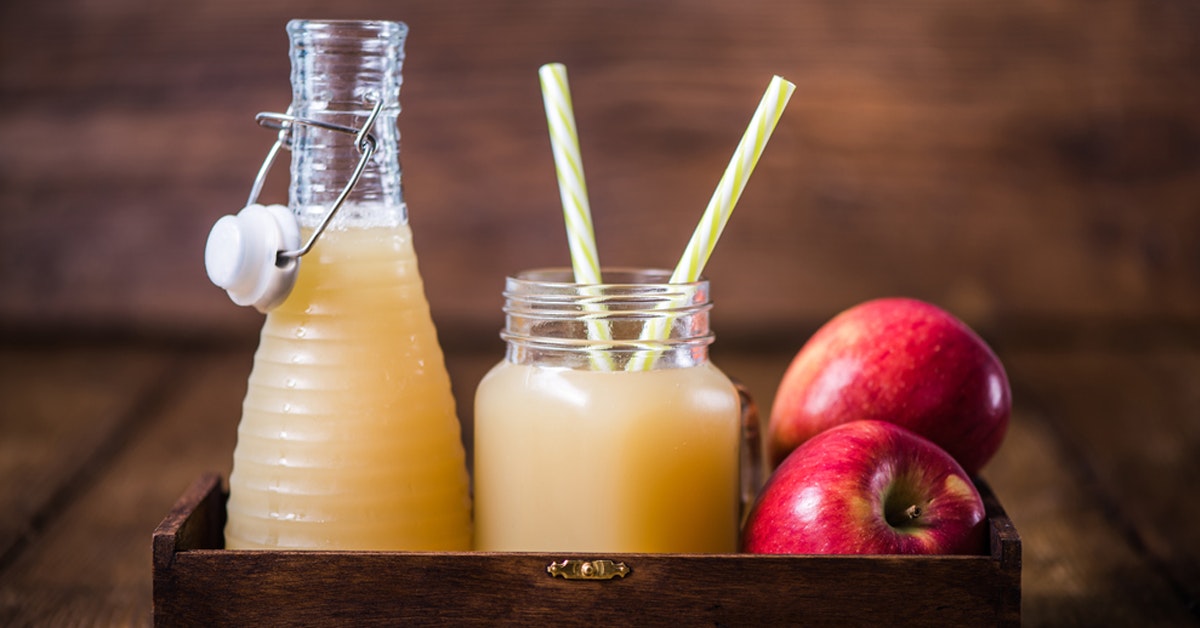Welcome to TheKitchenApplianceDad.com, where we dive deep into the essentials of kitchen storage, appliance use, and food safety. Today, we’re tackling a common question from our readers: Does apple juice have to be refrigerated? Whether you’re a juice aficionado or just someone trying to make the best use of your kitchen space, understanding how to properly store apple juice is crucial.
Apple juice, like most fruit juices, undergoes a preservation process before it hits the shelves of your local supermarket. The method used most frequently is pasteurization, which is a heat treatment process that kills bacteria and extends the shelf life of foods and beverages.
Types of Apple Juice:

The shelf life and storage requirements can vary significantly between different types of apple juice:
Once opened, all bets are off when it comes to unrefrigerated apple juice. Bacteria can begin to grow at a rapid pace, especially if the juice is stored above 40 degrees Fahrenheit. Refrigerating apple juice slows down the growth of these bacteria, ensuring the juice remains safe to drink for a longer period.
Some apple juices contain added preservatives like sodium benzoate or potassium sorbate, which help extend shelf life even further. However, even juices with these preservatives should be refrigerated after opening to maintain quality and safety.
Drinking apple juice that hasn’t been properly stored can lead to foodborne illnesses, especially for those with weakened immune systems, such as young children, the elderly, and people with certain health conditions. Common symptoms include stomach pain, nausea, vomiting, and diarrhea. Ensuring your apple juice is stored correctly can help prevent these potential health issues.
Here are some practical tips to ensure your apple juice stays fresh and delicious:
Yes, apple juice can be frozen. Freezing can extend the life of your juice for up to 12 months. However, ensure it’s stored in a freezer-safe container as liquids expand when frozen.
Signs that apple juice has spoiled include a sour smell, off taste, and any visible mold. If you observe any of these signs, it’s best to discard the juice.
The type of apple isn’t as significant as the processing method (pasteurized vs. unpasteurized) in determining the shelf life of apple juice.
Understanding the proper storage and handling of apple juice can ensure you enjoy every sip without worry. At TheKitchenApplianceDad.com, we’re here to help make every aspect of your kitchen experience easier and safer. Keep these tips in mind the next time you’re handling apple juice, and you’ll be sure to keepit at its best quality and safety.

